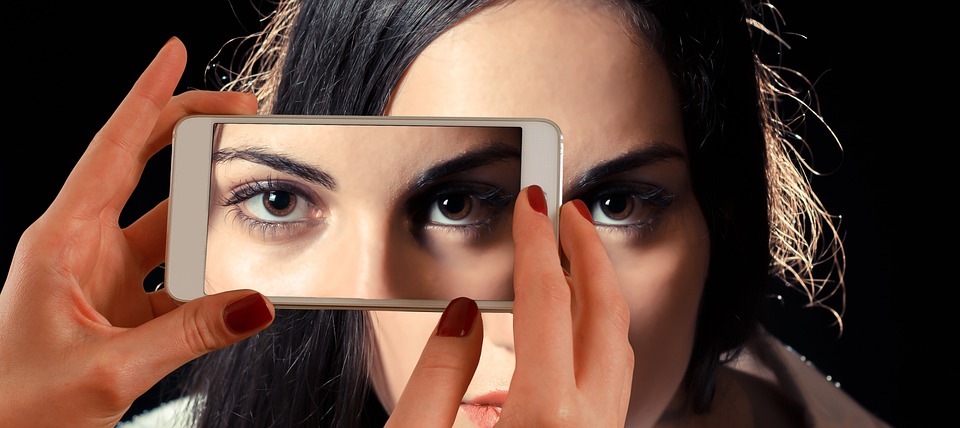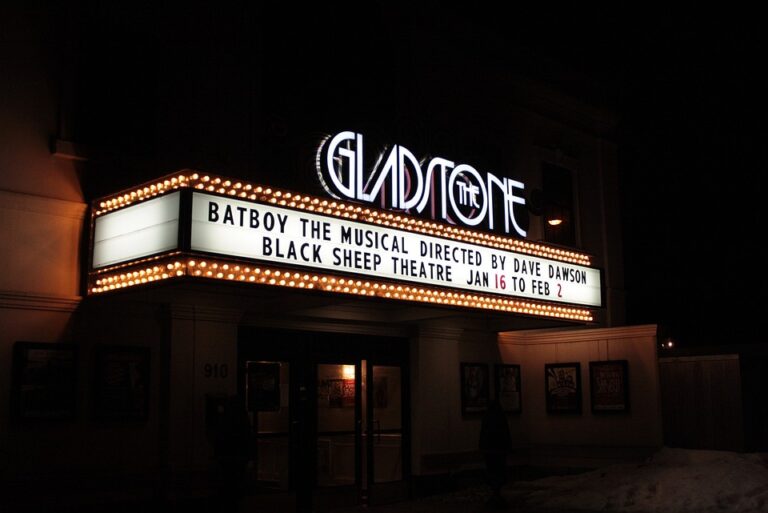Reality TV Trends And The Cultural Impact

Reality television has been a staple in the entertainment industry for decades, captivating audiences with its unscripted drama, real-life stories, and often unpredictable outcomes. As society has evolved, so too has the landscape of reality TV, adapting to new technologies, social trends, and viewer preferences.
The Rise of Niche Reality Shows
One of the most significant trends in reality TV today is the rise of niche shows that cater to specific interests and communities. Rather than appealing to a broad audience, networks are now creating content that targets particular demographics, such as food enthusiasts, fashion lovers, or even those interested in survival skills.
This trend reflects a broader shift in media consumption, where personalization and relatability are highly valued by viewers.
Shows like “The Great British Bake Off” and “Queer Eye” exemplify this trend, offering content that not only entertains but also educates and inspires. The success of these shows lies in their ability to connect with audiences on a personal level, creating a sense of community around shared interests.
Interactive and Immersive Experiences
With advancements in technology, reality TV is becoming more interactive and immersive than ever before. Viewers are no longer passive recipients of content; they are active participants in the experience.
Many reality shows now incorporate interactive elements, such as live voting, social media engagement, and augmented reality features, allowing fans to influence outcomes and feel more connected to the content.
This trend is particularly evident in talent competitions like “American Idol” and “The Voice,” where audience voting plays a crucial role in determining winners. Additionally, some shows are exploring virtual reality (VR) and 360-degree video formats, offering viewers a more immersive look into the world of reality TV.
The Influence of Streaming Platforms
Streaming platforms like Netflix, Hulu, and Amazon Prime have revolutionized the way we consume reality TV. These platforms offer on-demand access to a vast array of reality shows, old and new, allowing viewers to binge-watch their favorite series at their convenience.
The shift from traditional television to streaming has also impacted the content and production of reality TV. With fewer restrictions on format and length, creators have the freedom to experiment with innovative storytelling techniques and explore diverse topics.
Shows like “Love is Blind” and “Too Hot to Handle” have gained immense popularity on streaming platforms, pushing the boundaries of traditional reality TV formats.
Social Media’s Role in Reality TV
Social media has become an integral part of the reality TV experience, blurring the lines between on-screen personas and real-life identities. Platforms like Instagram, Twitter, and TikTok provide a space for reality TV stars to engage with fans, share behind-the-scenes content, and even build personal brands.
This trend has given rise to a new breed of reality stars who are as adept at navigating social media as they are at performing on screen. The ability to interact with fans in real-time has also created new opportunities for audience engagement and participation, further enhancing the appeal of reality TV.
Authenticity and Representation
In recent years, there has been a growing demand for authenticity and representation in reality TV. Viewers are increasingly seeking content that reflects the diversity of human experiences and challenges stereotypes.
As a result, networks are making a concerted effort to cast diverse participants and tell stories that resonate with audiences from all walks of life.
Shows like “RuPaul’s Drag Race” and “The Circle” have been praised for their inclusivity and representation of LGBTQ+ communities, while other series are spotlighting underrepresented groups and highlighting social issues.
This trend towards authenticity is reshaping the narrative of reality TV and making it more relevant to contemporary audiences.
The Impact of Reality TV on Culture
Reality TV has always had a significant impact on popular culture, influencing fashion trends, language, and even societal norms. Iconic reality shows and their memorable moments often become cultural touchstones, sparking conversations and debates among viewers.
The genre’s influence extends beyond entertainment, shaping public perceptions and attitudes on various topics. Reality TV has the power to challenge conventions, raise awareness, and inspire change, making it a potent force in the cultural landscape.
The Future of Reality TV
As reality TV continues to evolve, its future appears promising and full of potential. With the integration of cutting-edge technology, a focus on diverse storytelling, and the ever-growing influence of social media, reality TV is poised to remain a dominant force in the entertainment industry.
Looking ahead, we can expect to see more personalized and interactive experiences, as well as an increased emphasis on authenticity and representation. As audiences continue to seek content that resonates with their values and interests, reality TV will undoubtedly adapt to meet these demands, ensuring its relevance for years to come.
Conclusion
Reality TV has come a long way since its inception, continually reinventing itself to capture the hearts and minds of viewers.
By embracing new trends and technologies, the genre has not only survived but thrived, cementing its place as a beloved and influential form of entertainment.






